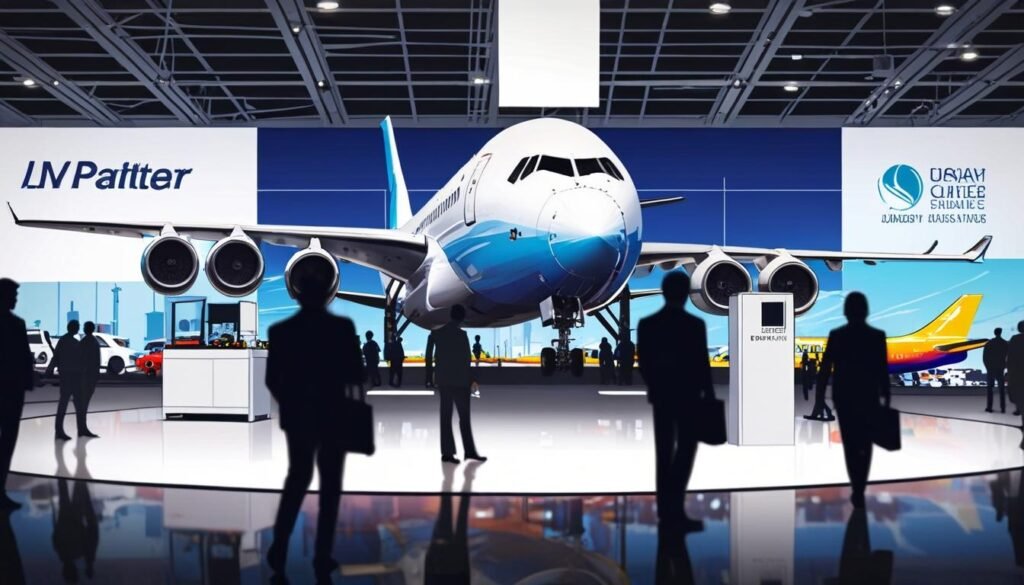**London**: The aerospace and defence industries are facing rising product prices due to tariffs under the Trump administration, prompting companies like Howmet Aerospace to consider declaring force majeure while grappling with negotiation strategies. Industry experts warn that invoking such clauses may not provide the expected relief.
The aerospace and defence industries are currently navigating uncertainty regarding the implications of the Trump administration’s tariffs, with a significant indicator suggesting that product prices are set to rise. Increased operational costs have prompted companies to reconsider their financial planning to accommodate these changes.
On April 4, it was reported by Reuters that Howmet Aerospace, a key supplier in the sector, had communicated with various other aerospace firms, indicating its consideration of declaring a force majeure event related to its contracts. This potential declaration follows President Donald Trump’s national emergency declaration and the accompanying tariff regime. Within its communication, Howmet warned that it would be exempt from delivering any goods or services affected by the declared national emergency and the executive order on tariffs.
While Howmet has yet to make an official public comment regarding the letter, its Chairman and CEO, John Plant, is acknowledged as a strategic leader within the industry. The reaction from executives at the MRO Americas conference, held from April 8 to 10, showcased a keen interest in how this situation would evolve, with many industry insiders actively reviewing their contracts for similar provisions.
However, industry experts caution that the reality of invoking force majeure may not provide the expected relief from rising costs. Jeff White, a partner and chair of manufacturing law at Robinson & Cole, highlighted that the existence of force majeure clauses does not guarantee a successful claim, as these clauses can be heavily contingent on local regulations and the specific state laws governing contracts. Some jurisdictions may adhere to a more restrictive interpretation, requiring specific events to trigger force majeure, which typically includes categories like natural disasters or labour strikes but may not cover economic impacts such as tariffs effectively.
White also noted that although lessons were drawn from the economic disruptions caused by the COVID-19 pandemic, the expectation that many aerospace firms would invoke force majeure during that crisis did not materialise. Factors such as evolving economic conditions and the nature of relationships within the aerospace supply chain influenced this outcome. Many firms communicated intentions to invoke force majeure, without formally triggering contract provisions.
The current situation involving Howmet appears to mirror these past events, as the warning letter may be more of a preliminary notification rather than a definitive statement of supply suspension. While the firm’s actions signal an intent to shield profit margins from escalating input costs, analysts from Jefferies have suggested that negotiations with customers might be a preferred course of action, rather than halting supply entirely.
White noted that the ability to negotiate effectively may vary greatly among companies in the industry, with larger, more integral suppliers likely to have an edge in discussions compared to smaller, secondary suppliers. He summarised that the landscape of negotiations and partnerships in the aerospace sector could produce a distinct set of outcomes—characterised by a divide between those able to navigate pricing pressures effectively and those who may struggle.
As Howmet prepares to report its first-quarter earnings on May 1, the implications of its communication and the broader impact of tariffs on the aerospace sector will continue to be scrutinised by industry experts and stakeholders alike.
Source: Noah Wire Services





